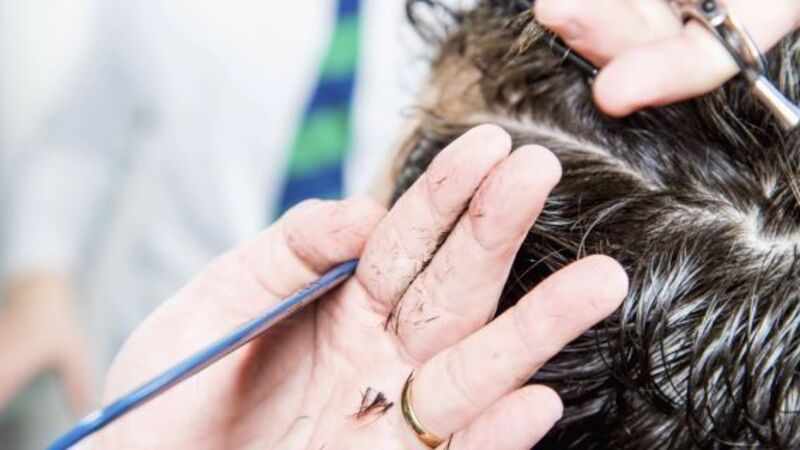Hard-hit Cork salon owners make Covid-19 plea: 'We hope the Government will give us support'

Grappling with how to reopen safely, Cork salons call for clearer guidelines, says
Into the second month of the coronavirus lockdown and hairdressers, barbers, and salons are facing into the storm.
















